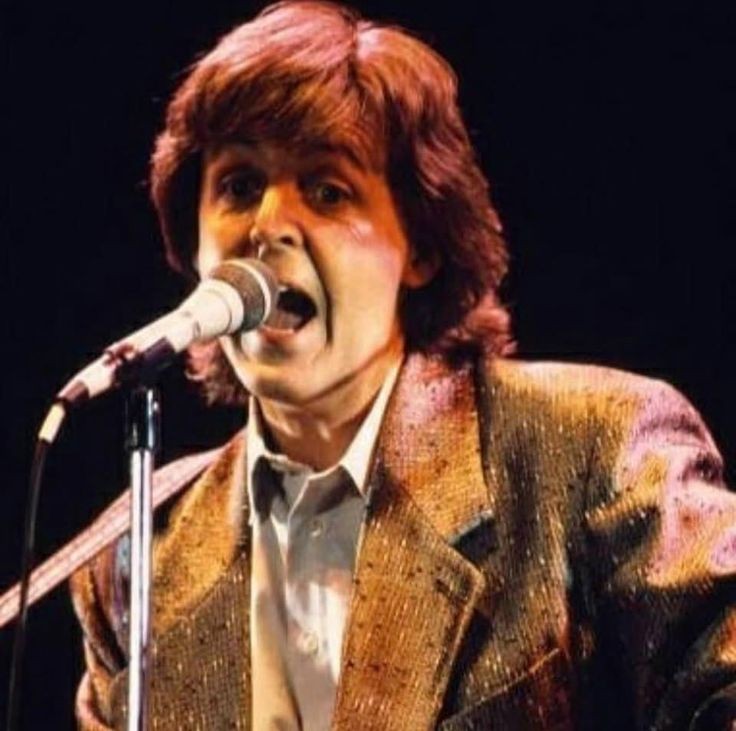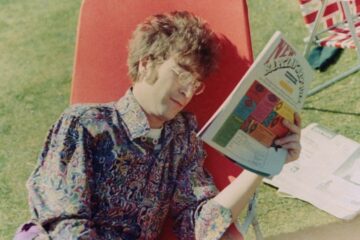Although the relationship between Paul McCartney and John Lennon was famously turbulent in the latter period of The Beatles and the years that followed, McCartney always felt proud of the fact that they managed to reconcile before his friend’s tragic passing. “It would have been the worst thing in the world had he just been killed, and we still had a bad relationship,” McCartney said.
The death of Lennon left an irreplaceable void in the music industry and the hearts of those closest to him, like McCartney, who understandably felt immensely thankful that the pair managed to iron out the creases of their strenuous relationship in the moments leading up to his death. Even though the fiery feud that played out publicly seemed to push things past the point of return, their fondness for one another clearly always remained intact.
Perhaps it was the fact that they each went through a similar experience together, navigating the intensity of being in one of the most famous bands on the planet and coming to terms with a forever-changed life where everything played out in the public eye. Even at the peak of Beatlemania, the two appreciated the support they found in one another.
Shortly after Lennon’s passing, McCartney sought to channel his grief into the art of music in the hopes that he could find some comfort in knowing he held onto many things left unsaid. The song he created, ‘Here Today’, sings of many memories the pair shared together, spoken as if he was speaking the words directly to his friend. As he said during an interview with The London Times: “I’m talking to John in my head. It’s a conversation we didn’t have.”
McCartney penned the piece in complete solitude in a room that would eventually become his recording studio in Sussex. “It was very emotional writing this song,” he revealed to BBC Radio 4. “I was just sitting there in this little bare room thinking of John and realising I’d lost him. And it was a powerful loss. So, to have a conversation with him, in a song, was some form of solace.”
Even over four decades on, it still means just as much to McCartney, who added: “It’s a very charged experience to perform this song in concert. Just me and the guitar. In the middle of a big arena with all these people.”
He continued: “A lot of them are crying. It’s always a very sentimental, nostalgic, emotional moment.”
When you look at some of its lyrics, it’s easy to understand why experiencing such a profoundly sentimental piece live has such an effect on McCartney’s audience. Not only does it demonstrate the deep connection the two found in one another, but it also ends on a heart-wrenching note of complete sincerity as the musician sings: “If I say I really loved you / And was glad you came along / Then you were here today / For you were in my song.”
Even more emotional is the fact that he wanted to tell Lennon he loved him but never did because, in his view, it was taboo for men to say such things at the time. Despite this, he always loved and admired his friend, even during explosive arguments and famous controversies. He may not have directly and intentionally said it out loud or to Lennon’s face, but it was always there nonetheless.



